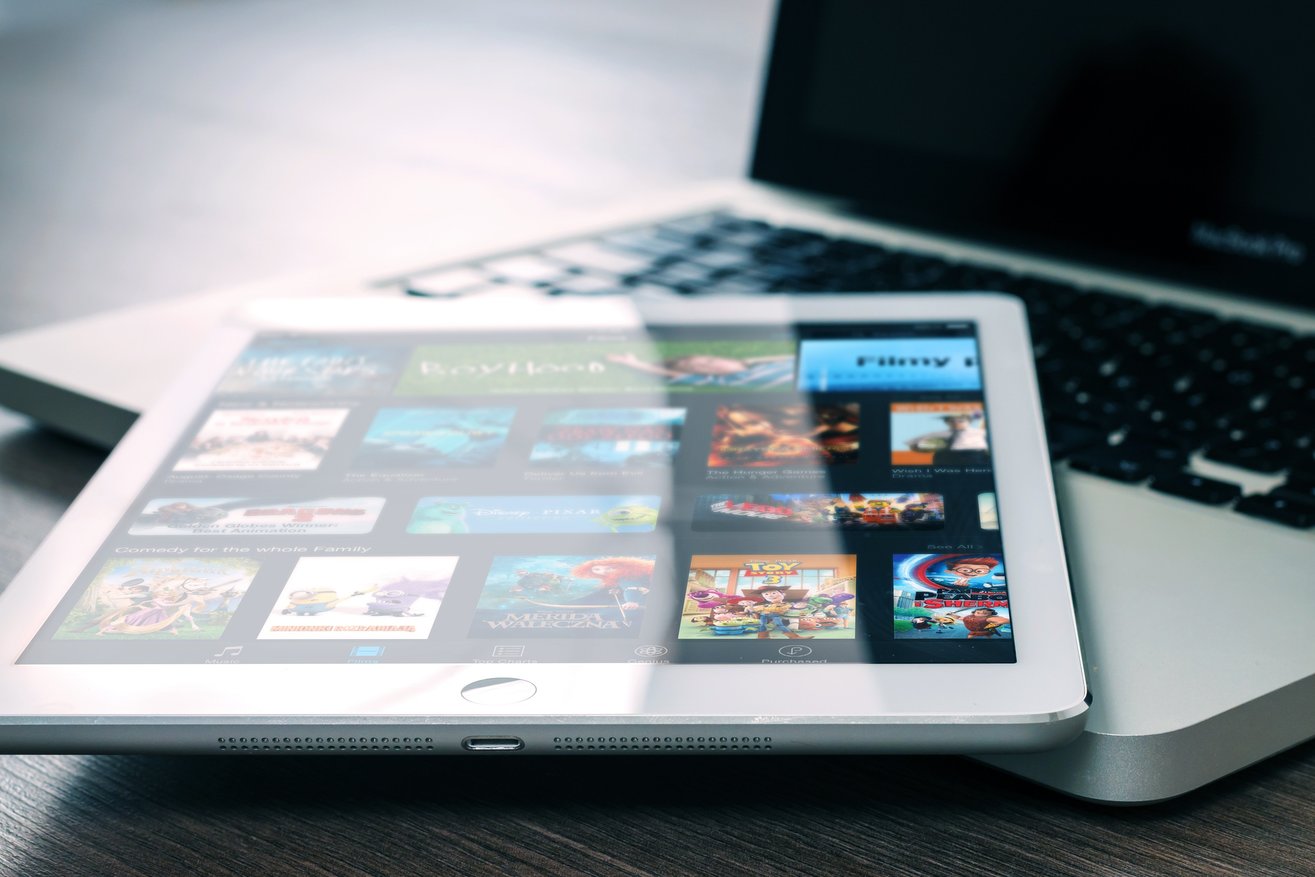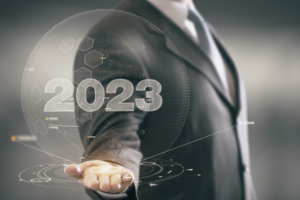A new Loyalty revolution - skillsets for the mobile era

The impact of mobile and digital technology advances has been well documented through high profile brands such as Uber and the emergence of trends such as showrooming. However, they have also ushered in a revolution in the area of customer loyalty.
Whilst many factors, including price comparison, peer reviews and locational targeting have given more reasons not to be loyal, there are equally significant opportunities around the ways that businesses can engage with customers through smartphones. Brands must quickly understand the new dynamics of consumer behaviour and become more creative in how they win and retain their valuable customers.
Clubcards – the first wave
In the mid-1990s, Safeway and Tesco led the way with supermarket loyalty programmes. The arrival of the ‘Clubcard’ allowed the grocers to really understand their customer segments, the value of leveraging the data of millions of customers and offering personal rewards for their loyalty.
Consumers were effectively buying into a trade-off between rewards and their personal data and information. Two decades on, there are signs that this relationship is crumbling. For businesses, digital and mobile now provide a plethora of data points on their customer base, often more than they can process.
And connected customers have become increasingly savvy, able to sift and compare offers at the touch of a button. As high profile schemes, such as Nectar, are forced to devalue their schemes, mobile technology is opening up new and more engaging solutions to retaining our most valuable customers.
The growth of smartphones penetration, now over 75 per cent of the UK population (ComScore 2015, Somo), coupled with the rise of social media, has meant that businesses must engage with consumers and satisfy their appetite for convenience, personalisation and instant gratification. For retailers, the challenge will be to remain ‘on-the-curve’ as technology continues to evolve.
Apple Pay marks a new phase in this revolution
The impending launch of the Apple IOS9 platform in September will add to this momentum. Along with the Passbook functionality, it will mean that consumers can easily store both their payment cards and loyalty ‘cards’ within the Apple wallet. The potential for seamless rewards of spend is opened, as is the wider entertainment and locational features that attract many.
While mobile payment is not new, the ‘sea-change’ in technology it will thrust this merger between the physical and digital world into mainstream, as witnessed throughout the last decade – where Apple goes, others will follow. Its investment in Apple Pay will encourage others into the market and before the close of the decade we will live in a very different payments world.
Consequently, the loyalty ‘trade-off’ will become increasingly complex and varied. Where once we expected discounts in return for repeat custom, we can now take a much more creative view.
We are seeing a number of tactics emerge that are playing into the convenience, personalisation and engagement demands of consumers. Firstly, smartphone location tracking is allowing retailers to adjust their message’s content, tone and timing to provide context for consumers.
‘Mobile allows us to connect the physical & digital worlds’
This technology is also helping to fuse the in-store and online experience, through features such as augmented reality, but also take analytics to another level. Smart-CRM systems are taking advantage of this information to engage with consumers before they have even purchased, while retailers can use real-time segmentation in-store, particularly at the point of sale, to tailor offers even further.
However, many retailers are only just getting their heads around the dramatic shift in sales from ‘bricks to clicks’. If they are to survive the next decade, they must keep up with the relentless pace of technology change, with smartphones and tablets at the forefront of that consumer behaviour change.
Retailers looking to win loyalty of customers need to fully appreciate the impact that this shift in technology will bring. Marketing teams must work quickly to embrace the change and establish engaging programmes that will make an emotional connection with consumers in an increasingly competitive world.
Bob Willmott is a consumer loyalty and insight specialist, bringing together client side and consultancy expertise across sectors. He works with businesses to identify strategic opportunities through their customer data; to develop loyalty and retention initiatives and to support strategic marketing thinking in the mobile era. He is available as an interim consultant through Odgers Interim.






Comments
Peter Alderslde at 30/06/2015 13:50 said:
Add your comment